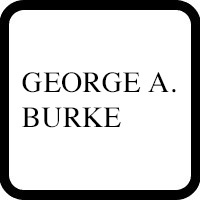Maunaloa Juvenile Law Lawyer, Hawaii
Not enough matches for Maunaloa Juvenile Law lawyer.
Below are all Maunaloa Criminal lawyers.
George Allen Burke
✓ VERIFIEDAccident & Injury, Criminal
George Allen Burke is a practicing lawyer in the state of Hawaii handling personal injury matters.
Rachel Hintzen Miyoshi
Juvenile Law, Other, Family Law, Criminal
Status: In Good Standing Licensed: 21 Years
Mark Ray German
Criminal, Administrative Law, Wills & Probate, Military
Status: In Good Standing Licensed: 41 Years
Tony Ray Roberts
Military, Other, Criminal, Administrative Law
Status: In Good Standing Licensed: 33 Years


